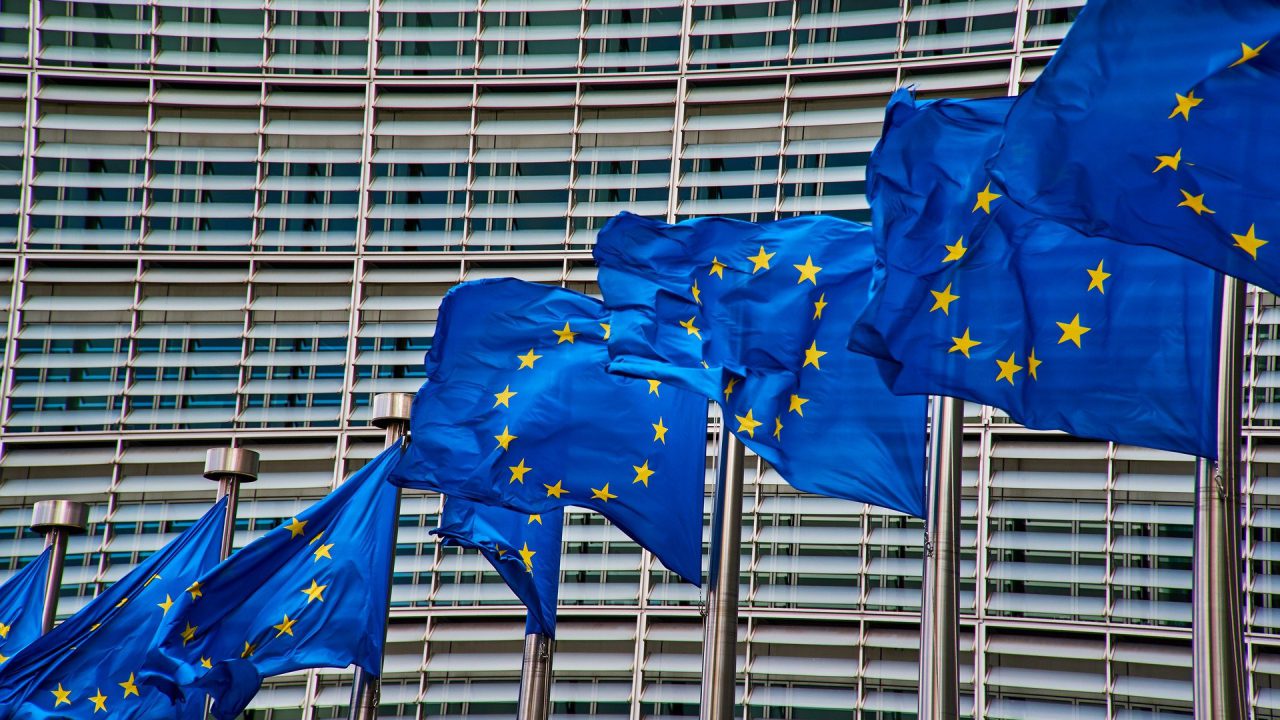The Council of the EU has given its backing to a free trade agreement (FTA) between the EU and New Zealand.
The council today (Tuesday, June 27) adopted a decision to sign the free trade agreement with New Zealand, with the actual final signing of the deal to be take place later.
This FTA will “liberalise and facilitate trade and investment” and promote a closer economic relationship between the southern hemisphere country and the EU, according to the council.
The agreement will see the removal of all tariffs on imports of pigmeat into New Zealand from the EU, among other categories of produce.
It also includes provision to protect some 160 EU products with geographical indication (GI) in the New Zealand market. It is understood that this will include some Irish products.
The EU is New Zealand’s third-biggest trade partner. Bilateral trade in goods between the two has risen steadily in recent years, reaching €9.1 billion in value in 2022.
Once the agreement enters into force, bilateral trade between the EU and New Zealand is expected to grow by up to 30%, with EU annual exports potentially growing by up to €4.5 billion.
EU investment into New Zealand has the potential to grow by up to 80%, and the deal is expected to cut around €140 million a year in duties for EU companies from the first year of application.
The agreement contains a dedicated sustainable food systems chapter, and a dedicated provision on trade and fossil fuel subsidies reform.
The EU concluded negotiations for a comprehensive and ambitious trade agreement with New Zealand on June 30 last year.
On February 17, the European Commission proposed to the Council that the FTA should be signed.
After the official signing takes place, the council will request the European Parliament to give its consent to the conclusion of the agreement.
Once that happens, and after the agreement has been ratified by New Zealand and the two sides notify each other about the completion of their internal procedures, the FTA can then enter into force.
The entry into force will take place on the first day of the second month after both side confirm having completed legal requirements and procedures, or on another date agreed by the parties.
